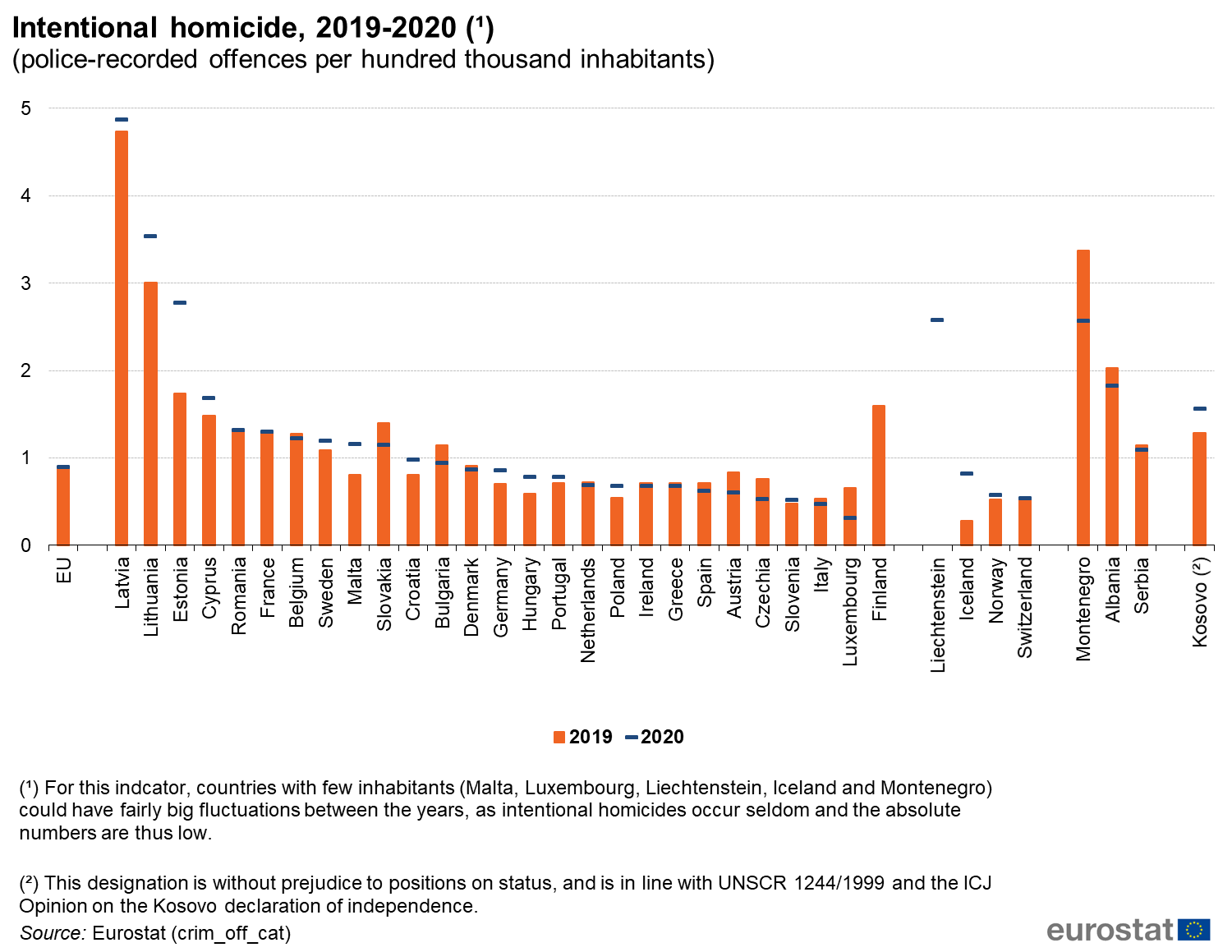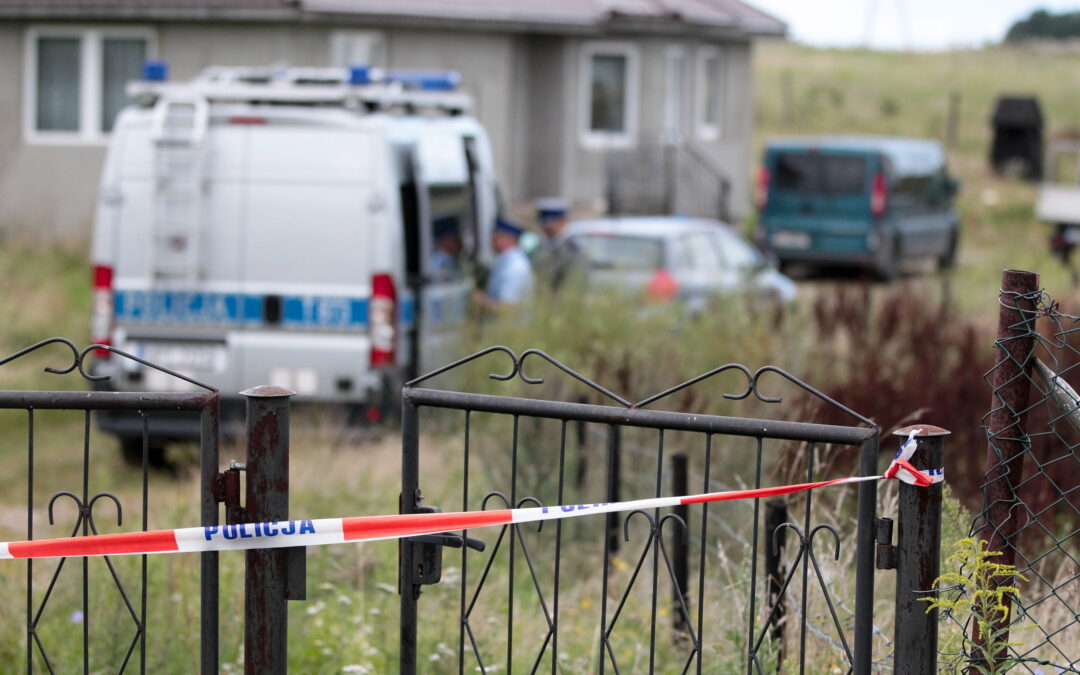Police in Poland recorded 507 murders last year, 118 less than in 2021. That drop of 19% was the largest relative annual decline in the post-1989 period. However, the number of murders still remains above the historic low recorded before a spike during the pandemic.
In 1990, the first year following the fall of communism in Poland, there were almost 750 murders. That figure rose to a peak of 1,325 in 2001, after which it declined to a low of 456 in 2016.
In 2020, however, the number of murders rose by over 22% year-on-year to 641 and then remained high, at 625, in 2021.

The 2022 police figures, which have been published by the Rzeczpospolita daily, can be explained in part by the lifting of lockdown reducing some of the kinds of conflicts, for example within families, that can result in murder, Brunon Hołyst, a law professor specialising in criminology, told the newspaper.
But he also noted that criminal gangs are killing less often, having decided that “they benefit more from cooperation”. Last year, the police’s Central Investigation Bureau (CBŚP), recorded only eight murders linked to organised crime.
Meanwhile, the fact that police have got better at solving murder cases, including historical ones, has “preventative significance”, adds Hołyst.
“Criminals who commit serious crimes have calculated that [murder] is not worth it for them,” agrees Mariusz Ciarka, spokesman for the national police headquarters.
By contrast, figures published last week showed that the number of thefts reported in Poland rose by 13% in 2022. It was the second year in a row that the figure had increased, a change that has coincided with soaring inflation and a cost-of-living crisis.
Poland, which has a population of around 38 million people, has a homicide rate below the EU average, according to Eurostat figures. In 2020, it had the 18th highest rate among the 26 member states for which data were available.

Main image credit: Przemyslaw Slrzydlo/Agencja Wyborcza.pl

Daniel Tilles is editor-in-chief of Notes from Poland. He has written on Polish affairs for a wide range of publications, including Foreign Policy, POLITICO Europe, EUobserver and Dziennik Gazeta Prawna.




















